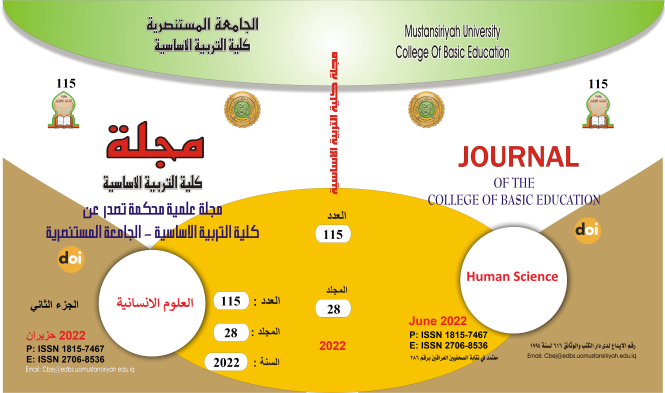The role of religious authority in the contemporary history of Iraq... The Twenty Revolution as a model
Main Article Content
Abstract
In this research paper, the researcher deals with the problematic of the religious authority’s role in the contemporary history of Iraq, and has chosen her role in the events of the Twentieth Revolution as a model for that.
At the end of this study, the researcher concluded that the Twentieth Revolution is the first national revolution that united the Iraqi people through his religious authority whose presented the most wonderful positions and sacrifices before, during and after the revolution.Among the phenomenons of Sunni and Shiite patriotism, the masses of citizens came out after each celebration by Sayyid Muhammad al-Sadr, one of the Kadhimiya scholars, and Sheikh Ahmad Al-Radoud, one of the Sunni scholars in Baghdad, to symbolize sincere national unity. In one of the manifestations, the people elected representatives from fifteen members from the Sunni and Shiite circles to represent the people to the occupation authority, and through this delegated committee, the National Movement in Baghdad and Kadhimiya continued his opposition to the occupation, organizing protests and using leaflets indicating independence.Finally, we can be said that the Twentieth Revolution would not have succeeded without the national cohesion that prevailed among the Iraqi people, this cohesion that the British colonialist tried to dismantle by encouraging tribal and sectarian differences ... However, he failed in his plan because the central role of the Shiite and Sunni religious authority.
Article Details

This work is licensed under a Creative Commons Attribution-ShareAlike 4.0 International License.
